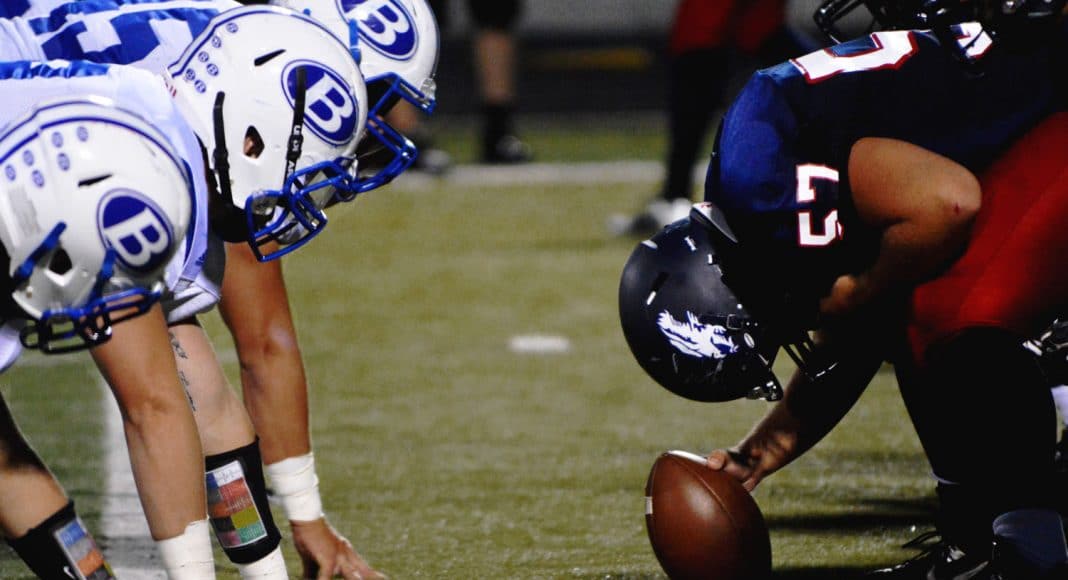Chronic traumatic encephalopathy (CTE) is a name culled from the Greek that means exactly what is says: a disease of the brain caused by injuries sustained over a long period of time. The symptoms include memory loss, confusion, poor impulse control, emotional volatility, depression, suicidal thoughts, and dementia. On the upside, it can take years or even decades after concussions are suffered for these to show.
-
Related Story: NFL Veterans Tackle America’s Opioid Crisis
CTE is extraordinarily rare for anyone who doesn’t get their head repeatedly knocked about. In fact, for years it was assumed to be limited to boxers, and it was even called dementia pugilistica—boxing madness. But that was before 2003, when an autopsy on deceased Pittsburgh Steeler center Mike Webster found unmistakable signs of CTE.
A subsequent wave of suicides among retired NFL players who were displaying symptoms of CTE skyrocketed awareness of the disease. Strident denial by the NFL only stirred the fires of controversy. From the flames have emerged a Frontline documentary (later made into a book) and—the ultimate sign of public concern—a very serious Will Smith movie.
Last year, researchers at Boston University announced that they had found CTE in the brains of 96 percent of the NFL players they have examined.
Outrage over the hidden epidemic of sports concussions seems to have quelled, and we see fewer editorials like this one questioning the future of aggressive sports like football in high school. Nevertheless, the underlying problem is real: Last year, researchers at Boston University announced that they had found CTE in the brains of 96 percent of the NFL players they have examined. When they included high school, college, and semi-pro players, that number only dipped to 79 percent.
If the US is prepared to accept CTE as the cost of playing sports, the question then shifts to: How can we best lessen its effect?
I bet you wouldn’t have guessed that, for some, the answer is cannabis.
The Gridiron Cannabis Coalition, a coalition of retired athletes who made their reputation on the gridiron, (plus Snoop Dogg, because cannabis), is lobbying hard to get the NFL to drop its ban on marijuana. Their medical argument is not only that cannabis can treat the symptoms of CTE—in particular pain and emotional disturbances—but that it can actually protect the brain against traumatic injury.
The first point is a slam dunk. Er, touchdown. Not only is marijuana an effective (if mild) pain reliever, it has the even better effect of helping patients taper their use of opioids, which have far worse side effects that weed.
On that second point, however, Snoop and his doobie brothers are getting ahead of the science. While there is evidence that cannabis can provide relief for neurological conditions such as epilepsy, Parkinson’s, even Alzheimer’s, we’re less sure that it can actually prevent damage when administered in advance, and there’s no literature that specifically addresses CTE.
However, that work is underway. Researchers at Temple University are collaborating with a private pharmaceutical firm to see if a newly-formulated synthetic CBD, which they call “50 times more potent [and] 500-fold safer” than the real deal, can protect the brain against traumatic blows. Any results, though, will likely be years away.


